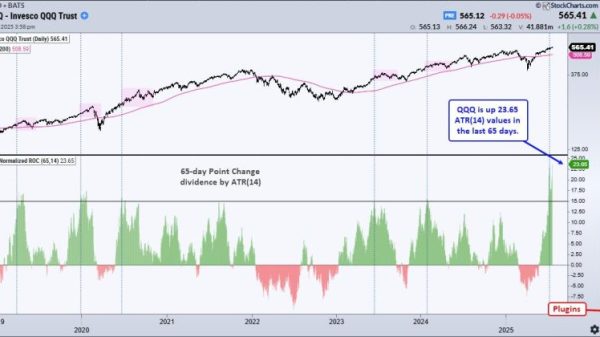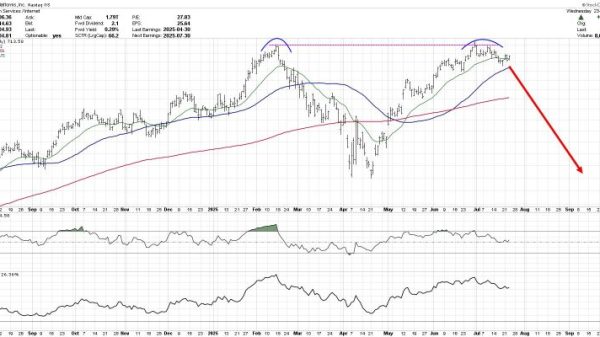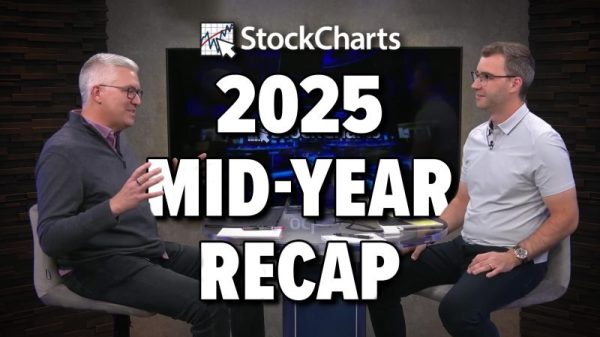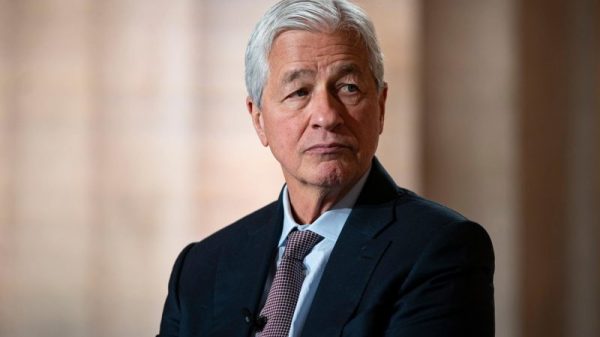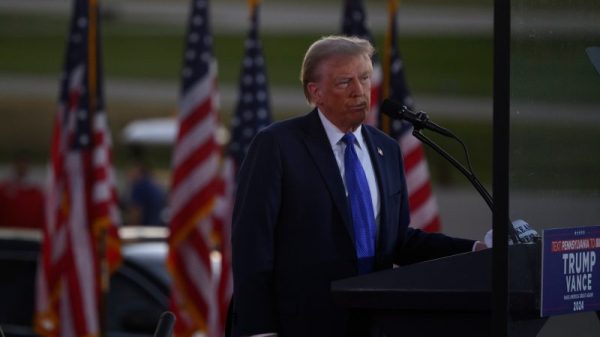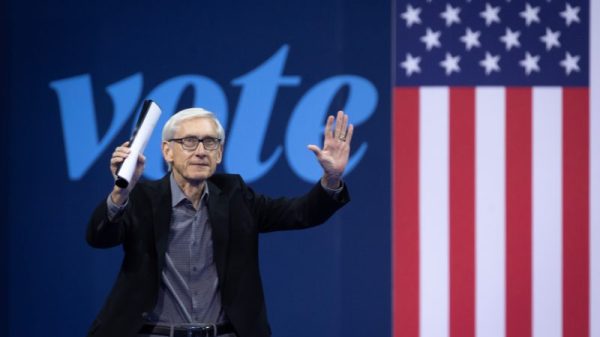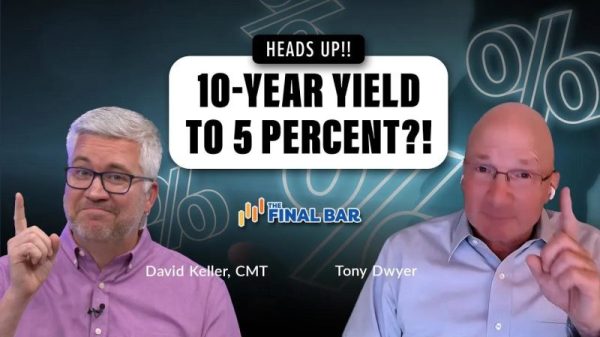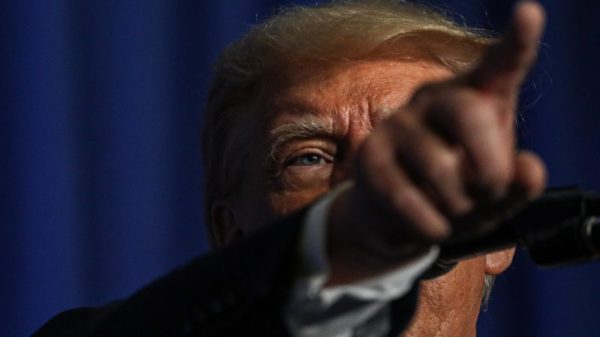There’s a throughline between two New York Times stories released Friday that needs to be drawn.
In one, reporters detail how Elon Musk is using his fortune and social media platform (X, once known as Twitter) to benefit former president Donald Trump’s campaign. In the other, the paper details how Trump’s running mate, Sen. JD Vance (R-Ohio), refused to acknowledge that Trump lost his bid for reelection in 2020.
And the throughline is that Vance is pretending Trump’s loss was driven by something that his own campaign with Trump actually did.
Vance sat down for an interview with the Times during which he was asked the same question that came up in the vice-presidential debate: Did Trump lose in 2020? This question has been portrayed as a “gotcha,” an unfair attempt to knock Republicans back on their heels. But it’s actually a very useful proxy for a question that nearly any Republican would otherwise sidestep, one centered on their willingness to prevent Trump from attempting to subvert the results in 2024. If they can’t say Trump lost the 2020 election even now, we can’t be confident they’re going to oppose Trump should he attempt similar machinations later this year.
Vance couldn’t say Trump lost. Instead, he reverted to a version of the same response he presented during that debate.
“Did Donald Trump lose the 2020 election?” he was asked.
“Did big technology companies censor a story that independent studies have suggested would have cost Trump millions of votes?” he replied.
This is his parry, the idea that one couldn’t say the 2020 election was fair because there was an effort to censor this determinative story. It is, as we’ve noted in the past, a way for people unwilling to echo Trump’s wilder election-fraud claims to instead point to something less easily falsifiable, this idea that anti-Trump forces put their thumbs on the scales.
But what Vance says here is falsifiable. It is not the case that tech companies censoring a story — specifically, a New York Post story about an email attributed to a laptop owned by Joe Biden’s son Hunter — cost Trump the election.
This, too, has been explored at length in the past, but it should immediately fail the smell test anyway. The 2020 election was a referendum on Trump, on his presidency and particularly on his handling of the coronavirus pandemic. It is ridiculous to suggest that this would have changed had Twitter (as it was then known) not briefly limited the sharing of a New York Post story about how one of Hunter Biden’s business partners sent him an email thanking him for getting him in the room with his father.
The “independent studies” which Vance mentioned presumably refer to one poll conducted on behalf of the right-wing Media Research Center after the election. It presented respondents with a sweeping claim linking Biden to foreign business interests, asking whether awareness of that purported link would have led people to reconsider their votes. A chunk of self-reported Biden voters said they would have.
Setting aside the vast inaccuracies inherent in having people assess what they would have done had the conditions of their decision-making been slightly different, the question didn’t even center on the New York Post story! It was about purported Chinese investors and used the same “Biden family” framing on which the failed Republican impeachment probe depended.
On the right, though, this poll became “people would have voted Trump if they knew about Hunter Biden” and then “the left” — here represented by Silicon Valley liberals — “censoring the Hunter Biden story handed Biden the election.” Despite that “censorship” — driven by concerns that the information was the product of a Russian interference effort — lasting only a brief period and almost certainly helping draw more attention to the story.
And now the throughline: The Times’s Elon Musk story notes that the Trump campaign had a direct hand in now-X limiting a story about Vance.
Hackers linked to Iran reportedly obtained the briefing book compiled as Trump was vetting potential running mates. (His former vice president, Mike Pence, needed to be replaced on the ticket for noteworthy reasons.) The hackers shopped the briefing book around, finding few takers.
Independent journalist Ken Klippenstein bit, however, publishing the document on his website. And in short order, X banned Klippenstein’s account, purportedly because the linked document included personal information about Vance.
But also because the Trump campaign wanted it to be limited, according to the Times’s Elon Musk story.
“After a reporter’s publication of hacked Trump campaign information last month,” the story notes, “the campaign connected with X to prevent the circulation of links to the material on the platform, according to two people with knowledge of the events. X eventually blocked links to the material and suspended the reporter’s account.”
In 2020, Twitter blocked the New York Post story after warnings from the federal government — then run by Donald Trump! — that foreign actors might disseminate stolen information. They soon lifted that limit. In 2024, X blocked Klippenstein’s story in coordination with the Trump campaign.
The former, Vance identifies as an unfair attempt to harm Trump, one that purportedly cost him the election. The latter? It seems unlikely he’ll be similarly incensed.
It is not the case that the vetting document published by Klippenstein would have shifted the election any more than it was the case that the block on the New York Post story did. But here we see how the same action, taken at different times and with different motivations, are presented in starkly different terms.
And at each point, in service to Trump’s ambitions.






